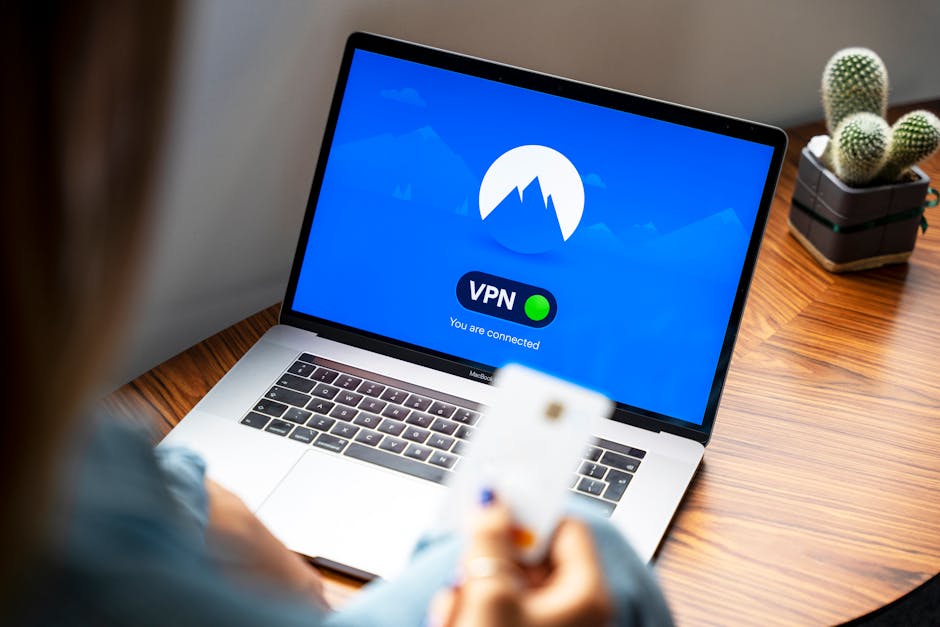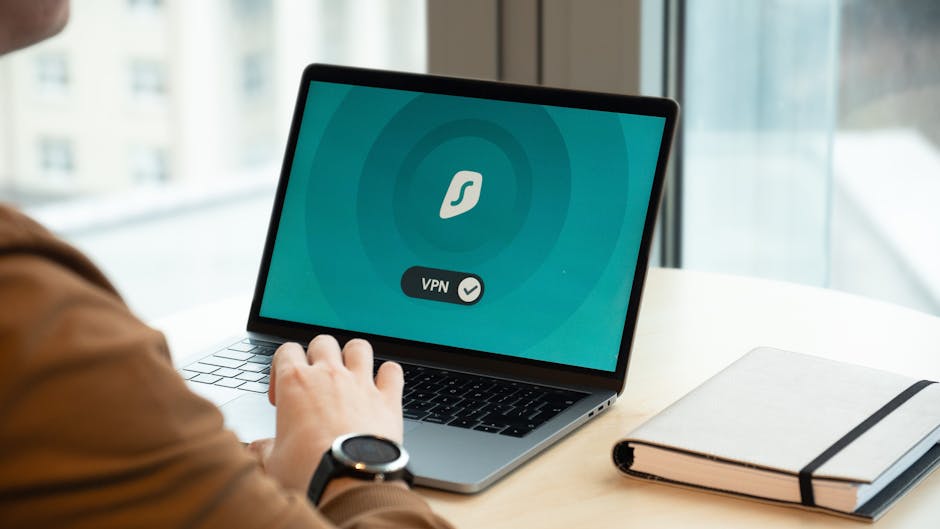Exploring the Best Practices for Corporate VPN Usage
Welcome to the digital age, where businesses rely heavily on the internet for communication, collaboration, and data sharing. With this increased dependence on online platforms comes the need for robust cybersecurity measures to protect sensitive information from prying eyes. One such tool that has gained popularity in the corporate world is the Virtual Private Network (VPN). In this article, we will delve into the best practices for corporate VPN usage, exploring its significance, benefits, and potential pitfalls.
The Rise of Corporate VPNs

In recent years, the use of VPNs has become ubiquitous in the business world as organizations seek to safeguard their data from cyber threats. A corporate VPN allows employees to securely access company resources, such as emails, documents, and applications, from remote locations. By encrypting data transmitted over the internet, VPNs provide a secure tunnel that shields sensitive information from hackers and malicious actors.
Choosing the Right VPN Service

When selecting a VPN service for corporate use, it is essential to consider several factors to ensure optimal security and performance. Firstly, organizations should choose a reputable VPN provider with a track record of maintaining high standards of encryption and data protection. Additionally, the VPN service should offer a variety of server locations to allow employees to access company resources from anywhere in the world.
Implementing Multi-Factor Authentication

One of the best practices for corporate VPN usage is the implementation of multi-factor authentication (MFA) to add an extra layer of security. MFA requires employees to provide two or more forms of verification before gaining access to the VPN, such as a password, biometric scan, or security token. This significantly reduces the risk of unauthorized access and strengthens overall cybersecurity.
Training Employees on VPN Usage

While VPNs are powerful tools for safeguarding data, their effectiveness largely depends on how well employees understand and adhere to usage guidelines. Organizations should conduct regular training sessions to educate staff on the importance of VPNs, how to connect securely, and the risks of improper VPN usage. By raising awareness and promoting best practices, businesses can prevent security breaches and data leaks.
Monitoring VPN Traffic
Another critical aspect of corporate VPN usage is monitoring and analyzing network traffic to detect any suspicious activity or potential security threats. By tracking VPN connections, organizations can identify anomalies, such as unauthorized access attempts or data breaches, and take immediate action to mitigate risks. Continuous monitoring is essential for maintaining a secure network environment and protecting sensitive information.
Regularly Updating VPN Software
As cyber threats evolve and hackers find new ways to breach security defenses, it is crucial to keep VPN software up to date with the latest security patches and updates. Outdated software may contain vulnerabilities that could be exploited by cybercriminals to gain unauthorized access to the network. By regularly updating VPN software, organizations can stay one step ahead of potential threats and enhance their overall cybersecurity posture.
Securing Endpoints and Devices
In addition to securing the network with a VPN, organizations must also focus on securing endpoints and devices used by employees to access company resources. This includes implementing endpoint security solutions, such as antivirus software, firewalls, and encryption tools, to protect against malware, phishing attacks, and other cybersecurity threats. By securing endpoints, businesses can create a more robust defense system against cyber threats.
Common Misconceptions About VPN Usage
Despite the widespread adoption of VPNs in the corporate world, there are several misconceptions surrounding their usage that need to be addressed. One common misconception is that VPNs provide complete anonymity and protection from all online threats. While VPNs encrypt data and hide IP addresses, they are not foolproof and can still be vulnerable to certain types of cyber attacks.
Conclusion
To wrap things up, the best practices for corporate VPN usage are essential for safeguarding sensitive data, protecting networks, and ensuring secure remote access for employees. By following these guidelines, organizations can enhance their cybersecurity posture, reduce the risk of data breaches, and maintain a safe and secure working environment. As technology continues to advance and cyber threats evolve, it is more important than ever for businesses to prioritize cybersecurity and implement robust security measures to protect their most valuable assets.
Remember, when it comes to corporate VPN usage, staying informed and proactive is key to staying one step ahead of cyber threats and safeguarding your organization’s digital infrastructure.




